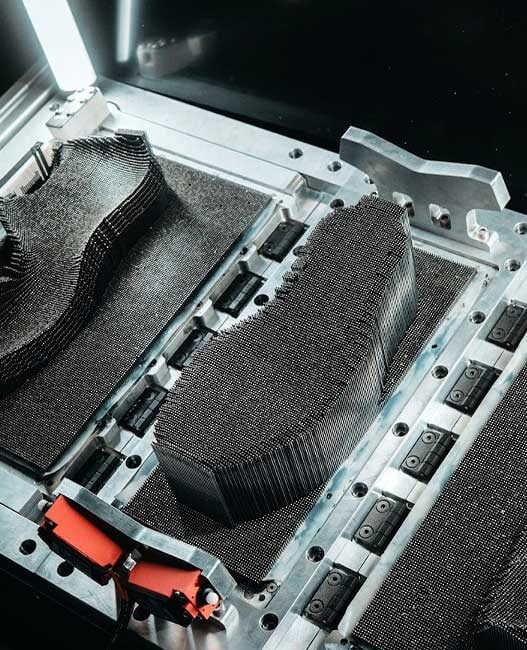This information came during the Labour MP’s keynote, where he talked of a new Defence Review to be implemented ‘first thing’ if they were elected.
During the talks, the Shadow Defence Secretary Luke Pollard told the audience of his ambitions of a ‘Multi-Domain Integration’ as a way of incorporating space and cyber into the country’s military capabilities. Farnborough, where the expo was held, is a major HQ for aerospace and weapons manufacturer BAE.
Space currently plays roles in military through the use of satellite imagery of the ground, informing of troop positioning, GPS navigation, signals intelligence for detecting broadcasts, telecommunications between units and more.
Pollard highlighted the use of drones and long-range missiles in the Ukraine conflict as evidence for the increasing use space can play in a warfare being more actively fought in the skies.
He then told audience of his perceived inertia and unjointed approach at the government’s current space policy. “Right now, I think we have seven governmental departments that have some space policies they handle,” Pollard said.
The UK Government created the RAF ‘Space Command’ in 2021 and their ‘Space Strategy’ in 2022. While the Space Command is tasked with monitoring the safety of UK satellites and track orbital events, the Space Strategy aims to grow and level up the UK’s space economy and protect alongside the military aims. Yet a Parliamentary committee as late as March 2023 criticised the Space Strategy’s functioning, much like Pollard did, for ‘lack of cohesion’ and reliance on foreign systems for PNT, a ‘crucial’ element for the running of national infrastructure.
He also criticised current procurement processes for government contracts for ‘leaving a lot of good projects by the wayside’. OneWeb, a satellite company part-owned by the British government, and once touted by former Prime Minister Boris Johnson as a potential rival to Elon Musk’s Starlink, last year saw one of its French shareholders take majority share following the failure of its bailout. Investment in this came because the UK was barred from accessing the EU’s Galileo satellite navigation system due to Brexit.
“The EU has an approach to space, we don’t have one,” Pollard stated. Currently, The UK’s departure from the EU also puts its position in the bloc’s Copernicus space programme in doubt, with lawmakers failure to agree budget contributions to the €95.5 billon Horizon research scheme being a sticking point.
Pollard suggested Labour plans would see domestic investment in the UK’s own space developments, with a space sovereignty as its aim. When, however, quizzed on if this would mean the UK would embark on space programmes alone, Pollard suggested that cooperation with other countries would still remain.
He then asked the audience stacked with businesspersons to suggest where they would like to see proposed funding go, highlighting the willingness for industry to take the lead. This line follows a campaign by Labour leader Keir Starmer where he tries to signal that the Labour party is once again ‘business friendly’.
Labour are currently polling double digits ahead of the Conservatives in the national voting polls for the next election. The latest a general election can take place is in early 2025.















